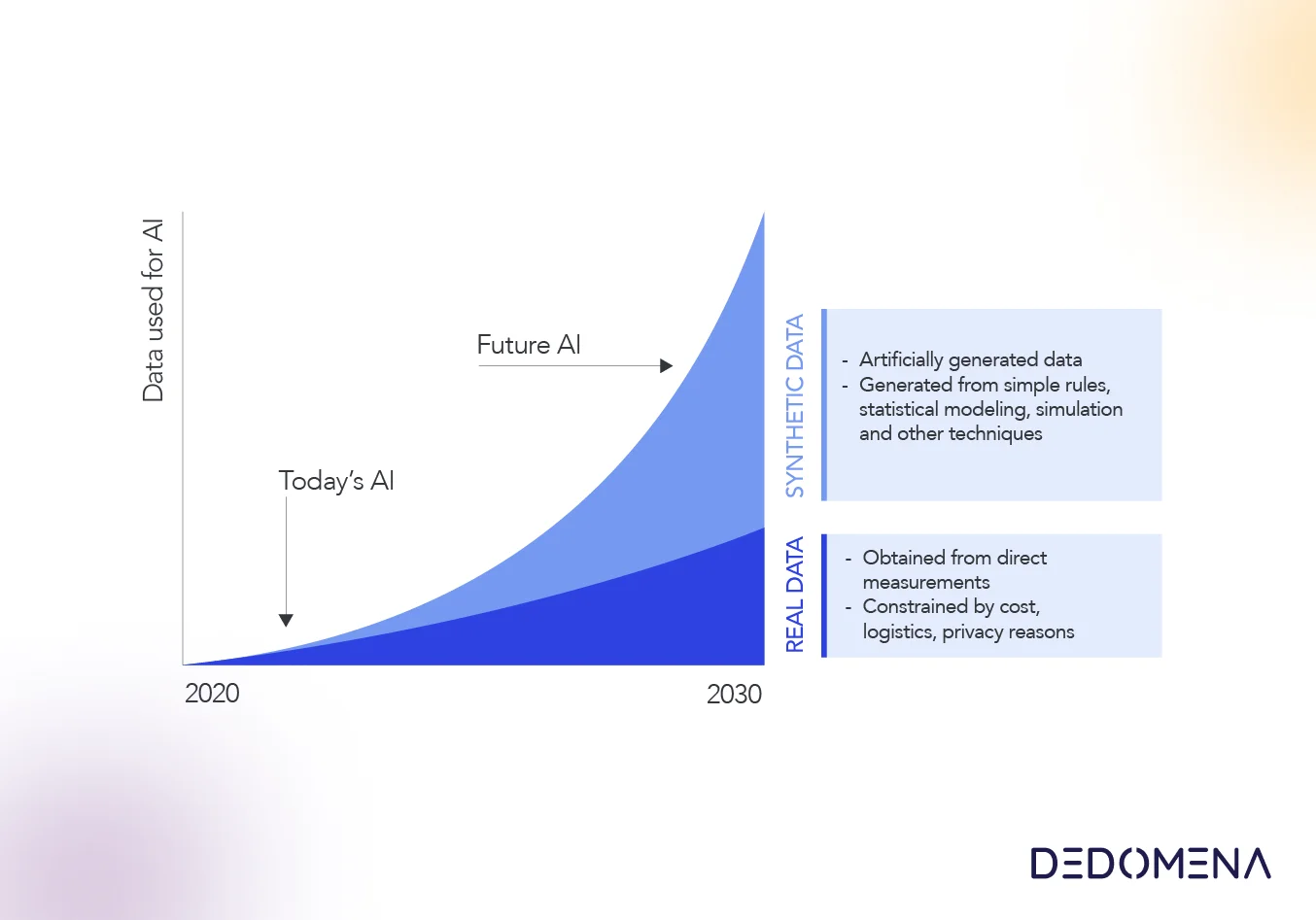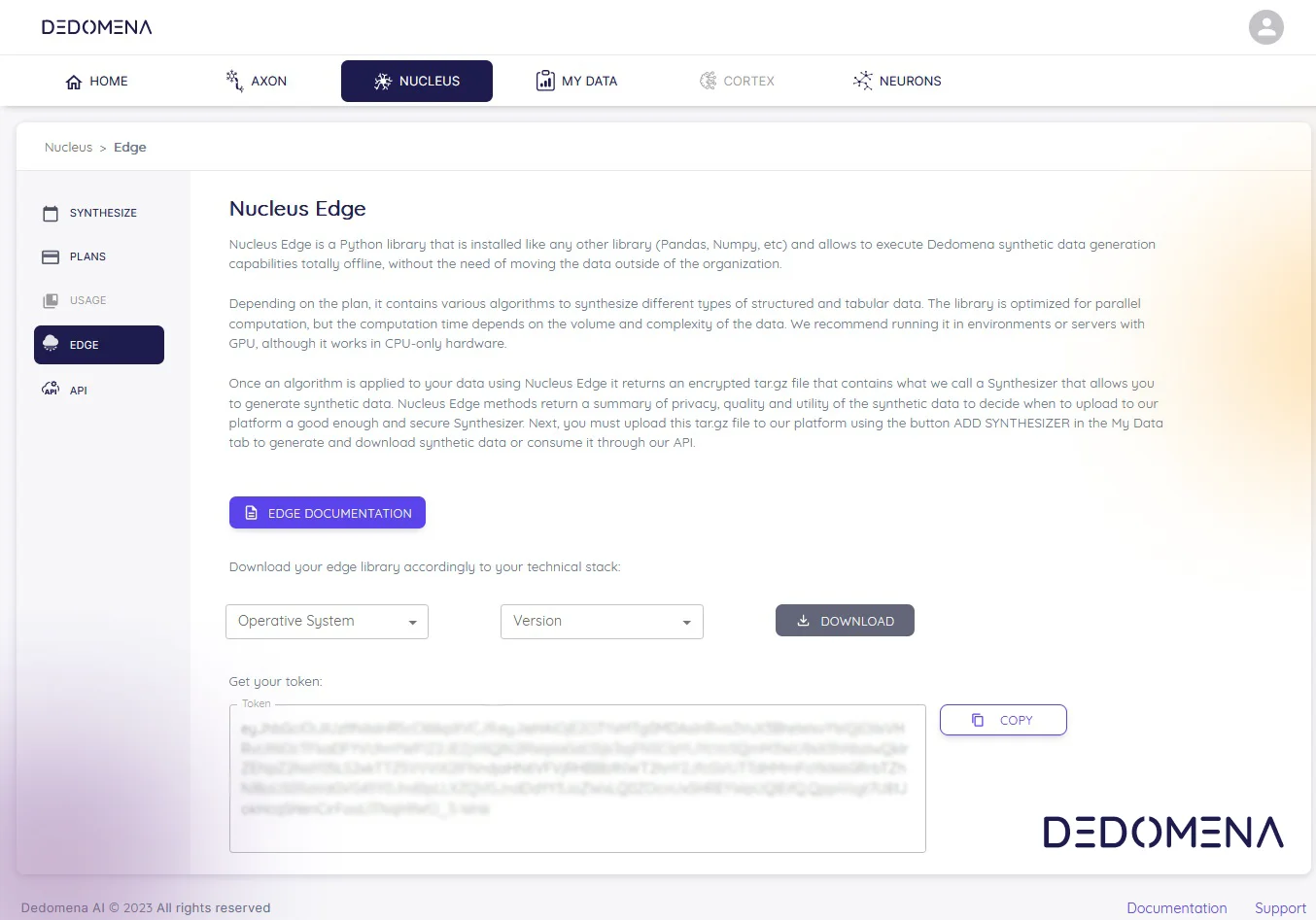In today's fast-paced business landscape, industries such as finance, mobility, healthcare, and insurance are increasingly leveraging the power of synthetic data. Accurate and comprehensive data analysis has become the cornerstone of effective decision-making, development strategies, and market adaptation. As businesses recognize the value of data access, the adoption of synthetic data has become an inevitable consideration for success.
By incorporating synthetic data into their business models and innovation strategies, companies unlock a multitude of opportunities. They gain the ability to tackle seemingly impossible projects, accelerate AI-based initiatives, maximize data monetization, and make better-informed decisions. However, to ensure success, it is crucial to measure the outcomes and evaluate the benefits derived from synthetic data implementation. In this blog, we explore four key indicators that showcase the profitability of synthetic data.
Accuracy
Accurate data is the foundation of meaningful insights. Synthetic data has the unique advantage of replicating patterns and behaviors found in real data, often surpassing the accuracy of original information. By fine-tuning variables and conditions, synthetic data can generate even more reliable outcomes, enabling businesses to make precise decisions and predictions.
Quality
Ensuring data quality is of utmost importance when it comes to making sound business decisions. Synthetic data must exhibit integrity, consistency, and relevance, all tailored to meet the organization's unique requirements. The capacity to depict various scenarios and variables further amplifies its worth. By equipping themselves with comprehensive and dependable information, businesses can confidently make effective decisions that pave the way for success.
Speed
In a rapidly evolving business environment, timely access to data is critical. Synthetic data provides the advantage of faster data extraction and availability, enabling businesses to make real-time decisions and respond swiftly to market demands. This agility empowers companies to enhance their testing and analysis capabilities, adapt to changing market trends, and gain a competitive edge.
Cost
The financial aspect of data extraction cannot be overlooked. Investing in synthetic data technologies requires evaluating the associated costs in terms of human resources, finances, and technology infrastructure. The return on investment (ROI) plays a pivotal role in assessing whether the benefits of utilizing synthetic data outweigh the expenses. The speed, quality, volume, as well as the added benefits of anonymity and privacy protection, position synthetic data as a more profitable and efficient option compared to real data.
Unleashing the Power of Dedomena for Enhanced ROI
To achieve higher ROI in data-related projects, companies must strategically leverage synthetic data in alignment with their unique needs and market demands. Dedomena AI offers a powerful solution that generates synthetic data in compliance with privacy regulations such as GDPR. With millions of records at your disposal, you can expedite testing, drive growth initiatives, and fuel machine learning projects. No longer will strategic projects be delayed due to data limitations. Dedomena reduces "time to data," providing real-time, accurate, and efficient data that translates into tangible business results.
Contact us to explore further or schedule a customized demo for your company. We are ready to answer your questions and help you unlock the true potential of synthetic data.

















































